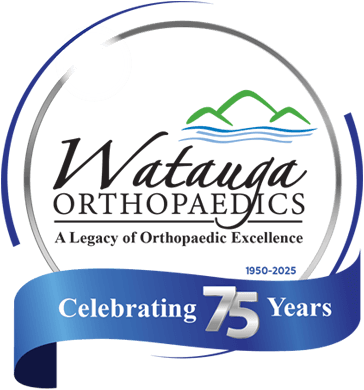Triangular Fibrocartilage Complex (TFCC) Injury - Wrist Sprain
Introduction
The Triangular Fibrocartilage Complex (TFCC) is a structure that is made of cartilage and ligaments. It is located on the ulnar side of the wrist (side toward the little finger). The TFCC stabilizes the bones in the wrist, acts as a shock absorber, and enables smooth movements. The TFCC may be injured during a fall, sports, or on the job. An injured TFCC causes pain and may produce a clicking noise when the wrist is moved in certain ways. TFCC injuries are treated with anti-inflammatory and pain medication, splinting, casting, or surgery.Anatomy
The TFCC is located on the ulnar side of the wrist. It consists of ligaments and two cartilage structures called the triangular fibrocartilage (also referred to as the radioulnar disk) and the meniscus homolog. Ligaments are strong tissues that connect bones. Cartilage acts as a cushion and is a smooth surface for the bones in the wrist joint to glide on during movement. The TFCC stabilizes the radiocarpal joint, the distal radioulnar joint, and the ulnar carpus.Causes
Symptoms
Diagnosis
Treatment
Surgery
Arthroscopic surgery is performed as an outpatient. The anesthesia necessary will be decided by you and your surgeon. Your surgeon will make a few small incisions near your wrist to insert the arthroscope and thin surgical instruments. The arthroscope is used to remove torn tissues or to repair the TFCC when possible. As arthroscopy uses small incisions and is less invasive than traditional surgeries, it has a shorter recovery time with less bleeding, swelling, and pain than open procedures. Open surgery for TFCC repair is becoming less common with the refinements in arthroscopic techniques.
Recovery
Recovery is very individualized and your doctor will let you know what to expect. Your recovery time will depend on the extent of your condition, how it was treated, and when it was treated. It is common to participate in hand therapy following surgery or cast treatment.
Prevention
You may be able to reduce the likelihood of TFCC injuries during sports by using correct techniques and the appropriate size racquet or equipment. If you work in construction or manufacturing, an occupational therapist can make recommendations at your job site to help prevent injuries.

Copyright © - iHealthSpot Interactive - www.iHealthSpot.com
This information is intended for educational and informational purposes only. It should not be used in place of an individual consultation or examination or replace the advice of your health care professional and should not be relied upon to determine diagnosis or course of treatment.
The iHealthSpot patient education library was written collaboratively by the iHealthSpot editorial team which includes Senior Medical Authors Dr. Mary Car-Blanchard, OTD/OTR/L and Valerie K. Clark, and the following editorial advisors: Steve Meadows, MD, Ernie F. Soto, DDS, Ronald J. Glatzer, MD, Jonathan Rosenberg, MD, Christopher M. Nolte, MD, David Applebaum, MD, Jonathan M. Tarrash, MD, and Paula Soto, RN/BSN. This content complies with the HONcode standard for trustworthy health information. The library commenced development on September 1, 2005 with the latest update/addition on February 16, 2022. For information on iHealthSpot’s other services including medical website design, visit www.iHealthSpot.com.




